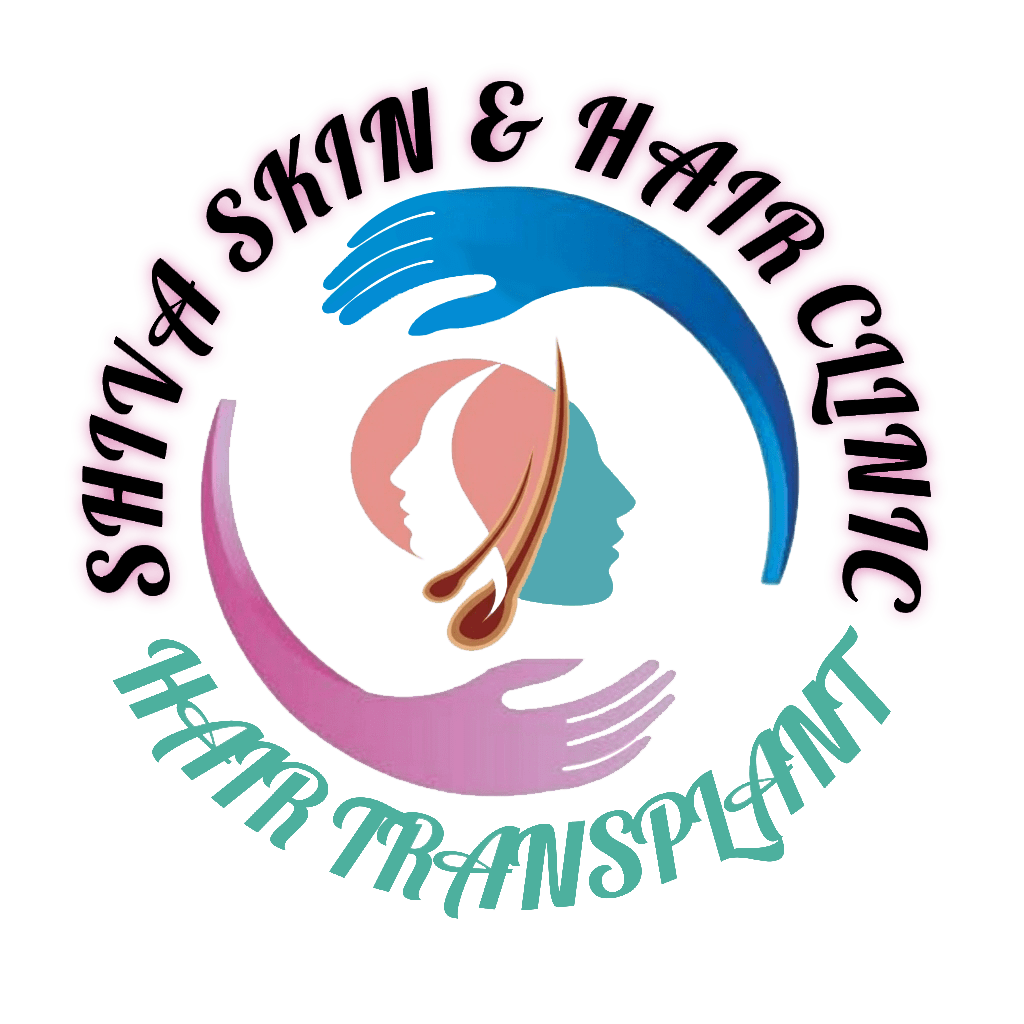Acne scars are permanent marks or indentations on the skin that result from the healing process of acne lesions. When acne breakouts occur, they can damage the skin tissue in several ways:
- Inflammation: Inflammatory acne, such as pustules, nodules, and cysts, can cause the body to produce too much or too little collagen during the healing process. This can result in uneven skin texture and the formation of scars. Best acne treatment doctor near me.
- Picking or Squeezing: When people pick or squeeze acne lesions, it can worsen inflammation and push infected material deeper into the skin. This can lead to more severe scarring.Best acne treatment doctor near me.
- Cystic Acne: Deep, inflamed cysts can rupture and damage the surrounding skin tissue, leaving behind scars.Best acne treatment doctor near me.
There are several types of acne scars:
- Atrophic Scars: These are depressed or pitted scars that result from a loss of collagen during the healing process. The most common types of atrophic scars are ice pick scars (deep and narrow), rolling scars (broad depressions with sloping edges), and boxcar scars (shallow to moderately deep with defined edges).Best acne treatment doctor near me.
- Hypertrophic Scars: These raised scars occur when there’s an overproduction of collagen during the healing process. They are more common in people with a genetic predisposition to scar formation.
- Keloid Scars: Keloids are a type of raised scar that extends beyond the borders of the original acne lesion. They can be itchy and may continue to grow over time.Best acne treatment doctor near me.
Acne scars can be emotionally distressing for many individuals, as they can affect one’s self-esteem and confidence. Fortunately, there are various treatments available to improve the appearance of acne scars, including:
- Topical Treatments: Some over-the-counter and prescription creams and gels containing ingredients like retinoids, alpha hydroxy acids, and vitamin C can help with milder scars.Best acne treatment doctor near me.Best acne treatment doctor near me.
- Chemical Peels: Chemical peels involve the application of a chemical solution to the skin to remove the top layer, promoting the growth of new, smoother skin.Best acne treatment doctor near me.
- Microdermabrasion: This procedure uses a machine to exfoliate the top layer of skin, reducing the appearance of shallow scars.Best acne treatment doctor near me.
- Microneedling: Microneedling involves the use of a device with tiny needles to stimulate collagen production and improve skin texture.Best acne treatment doctor near me.
- Laser Therapy: Various laser treatments, such as fractional laser therapy, can help resurface the skin and reduce the appearance of scars.Best acne treatment doctor near me.
- Fillers: Dermal fillers can be injected into atrophic scars to temporarily improve their appearance by raising the depressed areas.
- Surgical Procedures: For deep or severe scars, surgical procedures like punch excisions or subcision may be recommended.Best acne treatment doctor near me.
It’s important to consult with a dermatologist or skincare professional to determine the most suitable treatment options based on the type and severity of your acne scars. Early intervention and proper treatment can often lead to significant improvement in the appearance of these scars.

